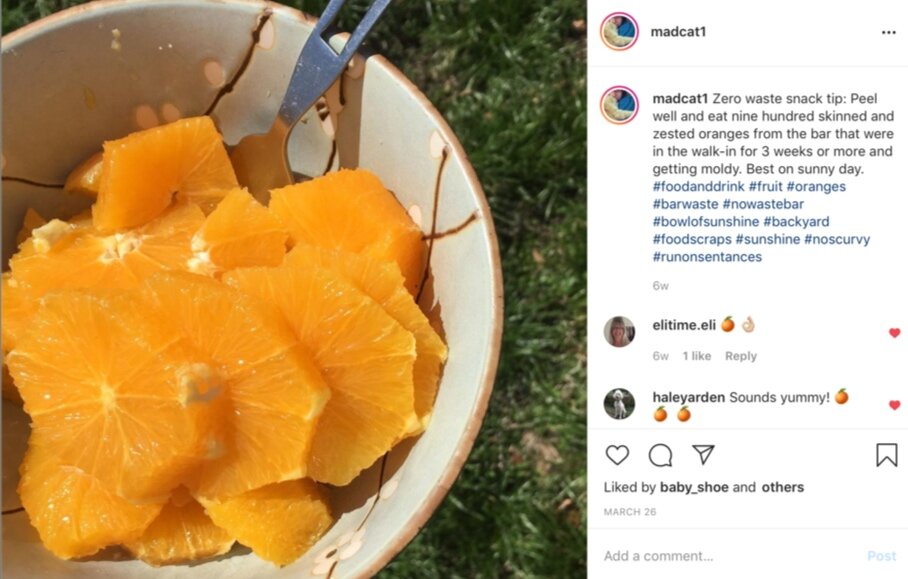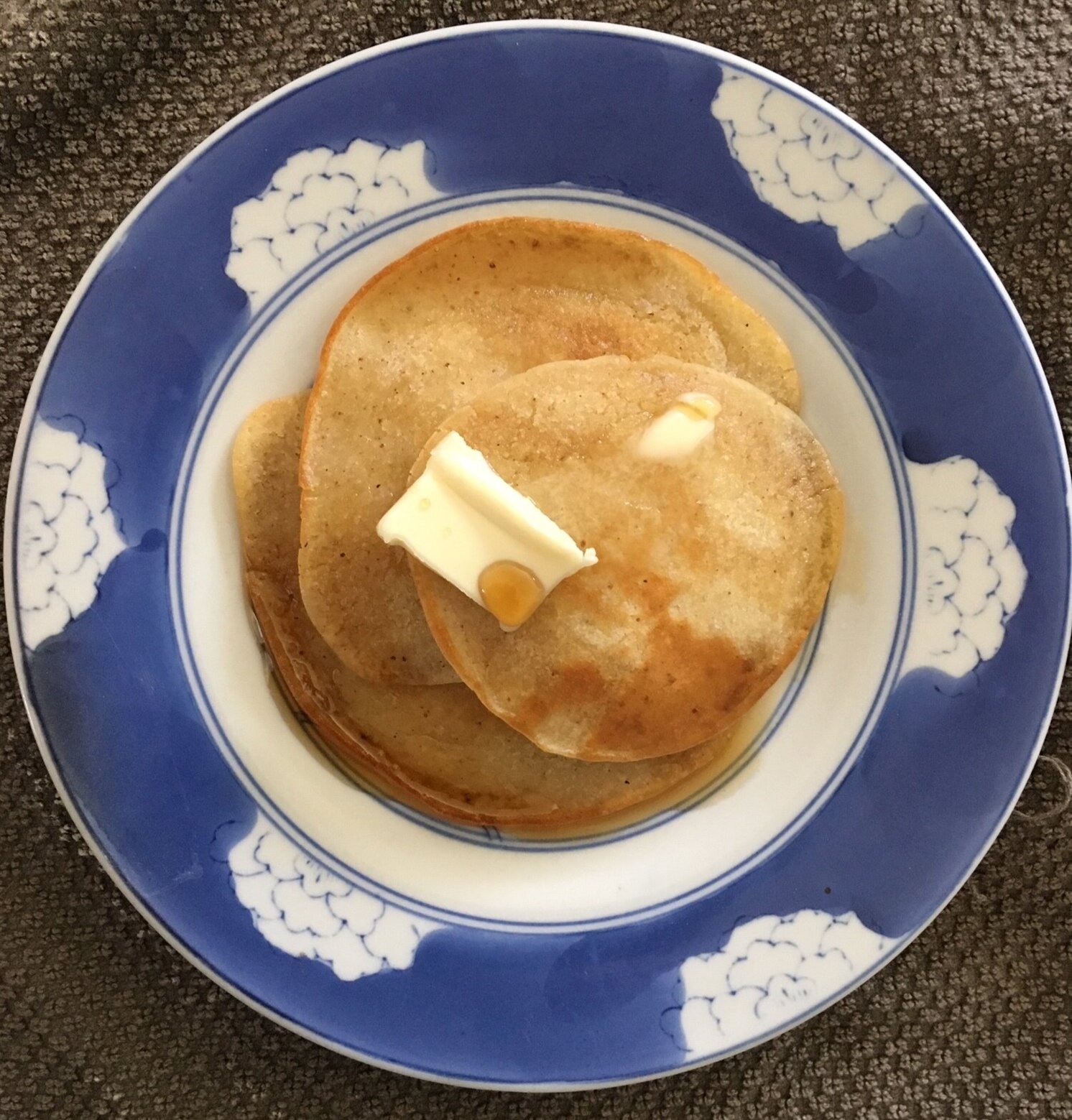In this series I explain terms used in the low impact movement, lifestyle terms, and other verbiage that I use on my blog and in my daily life. Simply, in case they are new to readers. In some cases, I have done some research on them, but these definitions are mostly what I understand them to be and how I use them.
Last month, we talked about capsule wardrobes and and some terms surrounding that idea. There are many reasons to keep a capsule wardrobe but one of the biggest reasons in the horrible impact the fashion industry has on the environment and our global community. Here are the explanation of some important terms to know as I understand them.
Fast Fashion
Most simply put, Fast Fashion is the business of making clothing as cheaply and quickly as possible to keep up with changing trends.
But the byproduct of fast fashion takes a horrendous toll on the planet and the global population. Sweatshops, inhumane conditions, slave labor, child imprisonment, millions of tons of wasted water, millions of tons of garbage in landfills, mircoplastics, air pollution from incineration, animal cruelty, land dispute, clear cropping, pollution of water, air and land, use of pesticides, are only some, not even all, of the terrible outcome of fast fashion. Almost all fashion brands use some or all of these methods but a general rule is the bigger, less expensive, more widely available clothing is going to be the worse for fast fashion’s damaging practices. A few brands to avoid at all costs are Forever Twenty One, H&M, Target, Walmart, Zara, Primark, to name only a few.
Slow Fashion
Slow Fashion is the reaction to the devastation Fast Fashion has created and a movement to return to better quality made, ethically produced, clothing and a return to personal style without the need to follow trends. Slow fashion suggests buying few items, that are better made and made in humane ways, and take better care of them throughout their lifespan to be able to have them longer and enjoy them more.
Ethical Fashion
By using the term Ethical Fashion, a brand is letting consumers know that the clothing was made under ethical conditions. This usually indicates that there were not sweat shop conditions and there were fair wages for workers used when creating these clothes. It may also indicate that no animals were harmed but to be sure, check that a brand is also vegan. It may also mean the clothing was made sustainably. Each company’s use of these terms is different so make sure to research the companies you buy from carefully.
Sustainable Fashion
This can fall under Ethical clothing or Slow Fashion but brands that specifically advertise that they are Sustainable use practices to reduce their impact on the world and environment. This can encompass less water usage, less pollutants released into the environment, better working conditions, use of renewable resources and more.
Second Hand
Second Hand clothing is clothing that people donate to thrift shops, churches, vintage shops, or other places that people can buy them. Second hand clothing is usually inexpensive, off season, and pre worn. Some say second hand clothing is the most sustainable and ethical bc it is reusing of clothes that others have gotten rid of. This is a very budget friendly way to shop, good if you like to try new things or new trends, and helps clothing get a longer life before ending up in landfill or incinerator. But as a whole society we must change the way we shop, stop buying fast fashion, stop allowing it to be made, in order to really solve the problem.
Did you find these terms helpful? If you want more info on these or ant terms we have explored please leave your questions in the comments!



































































